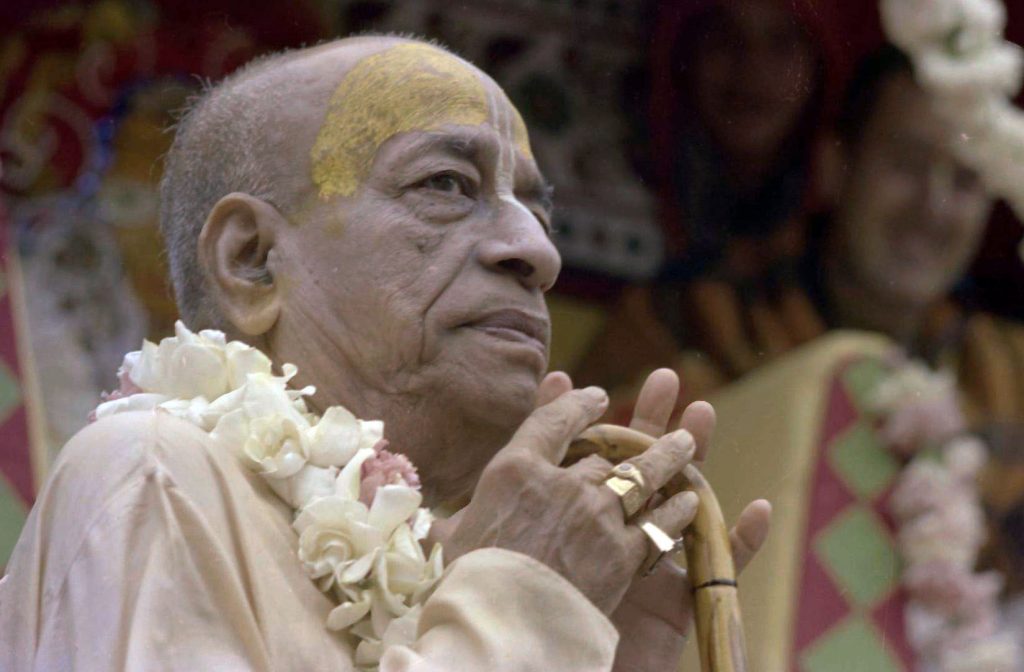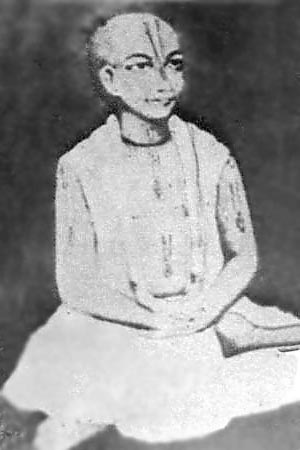- February 27, 2021The Science of Congregational Chanting of the Name of the Lord (Samkirtan)[BTG PY1,Parts 1-4, 1944] When Pralhad Moharaj, the…

Under the guidance, inspiration and authority of
His Divine Grace A.C. Bhaktivedanta Swami Prabhupada
Founder-Acharya of the Krishna Consciousness Movement
Srila Prabhupada: “I wish that each and every branch shall keep their separate identity and cooperate keeping the acharya in the center. On this principle we can open any number of branches all over the world. (Letter, February 11, 1967)







